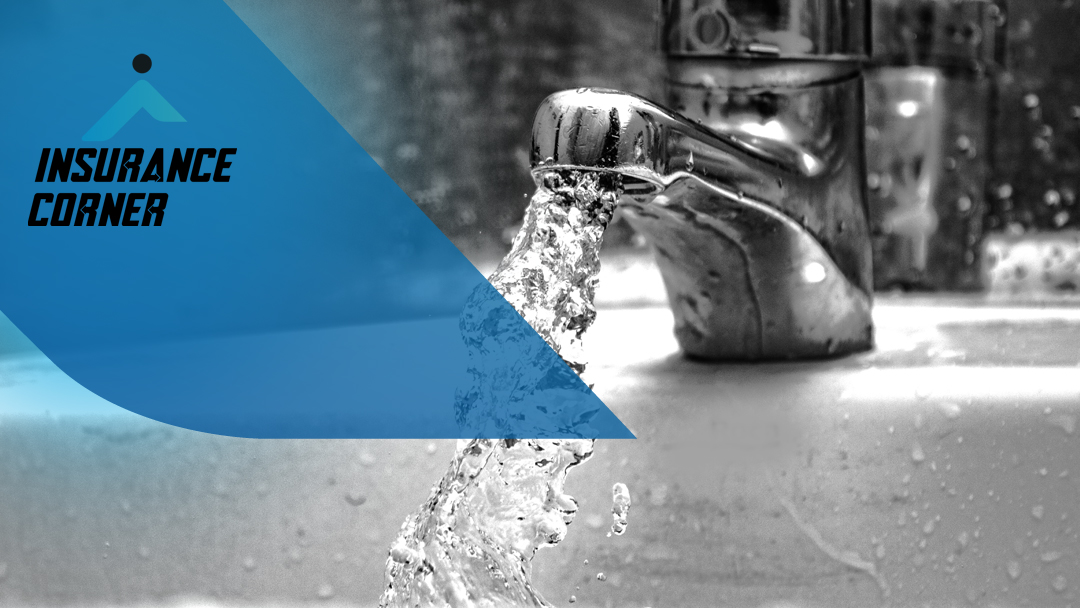
Water damage is one of the most common home insurance claims today. No matter the type of building or home it can affect you. It ranges from pipes to bathtubs, hot tubs, roof leaks, and many others. Many times it can be your appliances like dishwashers, refrigerators, and washers. No matter the timing or amount of damage, as soon as you see that leak give your public adjuster a call to help get you every penny for your claim.
Today we will cover some of the things that you should do as soon as you notice a leak occurring inside your home.
Does home insurance cover pipes?
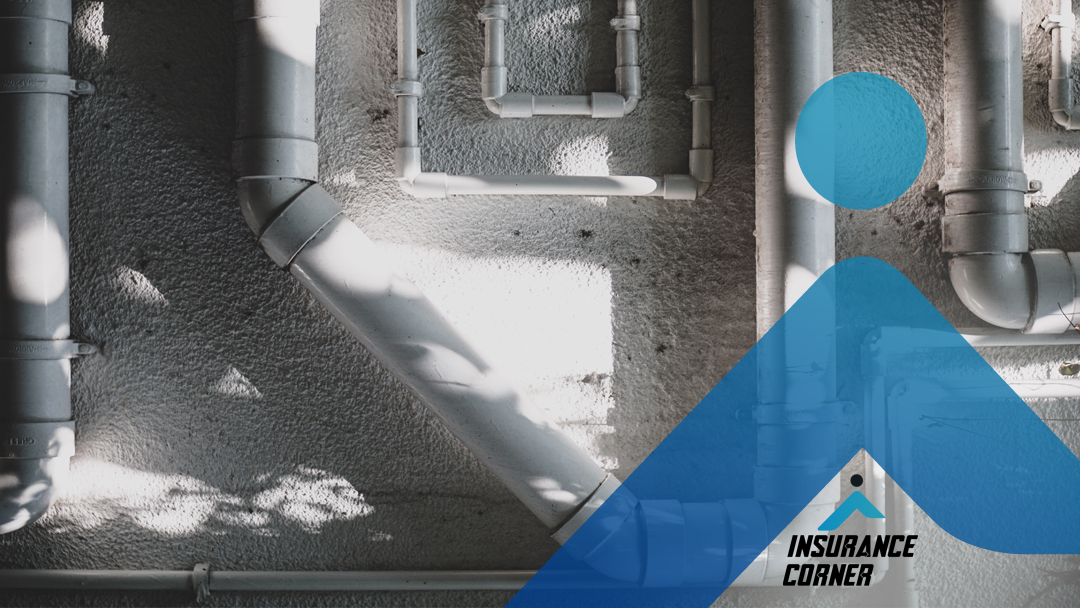
No actual pipes are covered by the home insurance policy. What is typically covered is the access as well as the damage caused by the broken pipe in your home. So, if your pipe breaks in the attic, the insurance company won’t pay your plumbing bill, but they will cover the damage caused by the broken pipe.
Many ask us, would a pipe ever be covered?
Yes, for example, if you had a fire in your home and then a pipe was damaged due to the fire they would cover the repair of that pipe.
Is it necessary to hire a public adjuster?

Every homeowner has 24-48 hours to schedule a public adjuster to come out and review their property damage. There is no obligation with any public adjuster, but we recommend choosing a public adjuster to represent you through the entire claims process. We do free no-obligation evaluations to give you an idea of how we can be of service to you before the claims process even begins.
Just like you wouldn’t go to court without a lawyer, don’t file an insurance claim without a public adjuster. Keep in mind that the insurance company will be using a professional insurance adjuster who does this day in and out and knows what kinds of things people can say that will get them in trouble with the insurance company. Don’t leave your claim to chance, instead go into it with someone on your side, who can advocate on your behalf.
What is the water leak claim procedure?

The first thing that we are going to check in your policy is finding out if you have a water damage limit in your policy. This means that the insurance company has created a predetermined limit for how much damage they will pay for, and anything beyond that they won’t cover. Most insurance companies are trying to minimize how much they pay out, so you can do yourself a favor and make sure to review and adjust your policy. We do free reviews of your policy and can give you an idea of if you need to up the amount of coverage that you have.
What to do when you discover water damage?
Very few of us are experts in plumbing. With that being said the first couple of things you should do when you notice a leak or find your house flooded:
- Find the source of the leak or break and stop the water flow.
- If it’s a main pipe turn off the water main. If it’s a single pipe like an appliance, just stop the use of that appliance.
- Take pictures, videos, and as much evidence as you can to document what has happened.
- Call a professional to help you (we recommend starting with a public adjuster as they can direct you to who else you will need to call.)
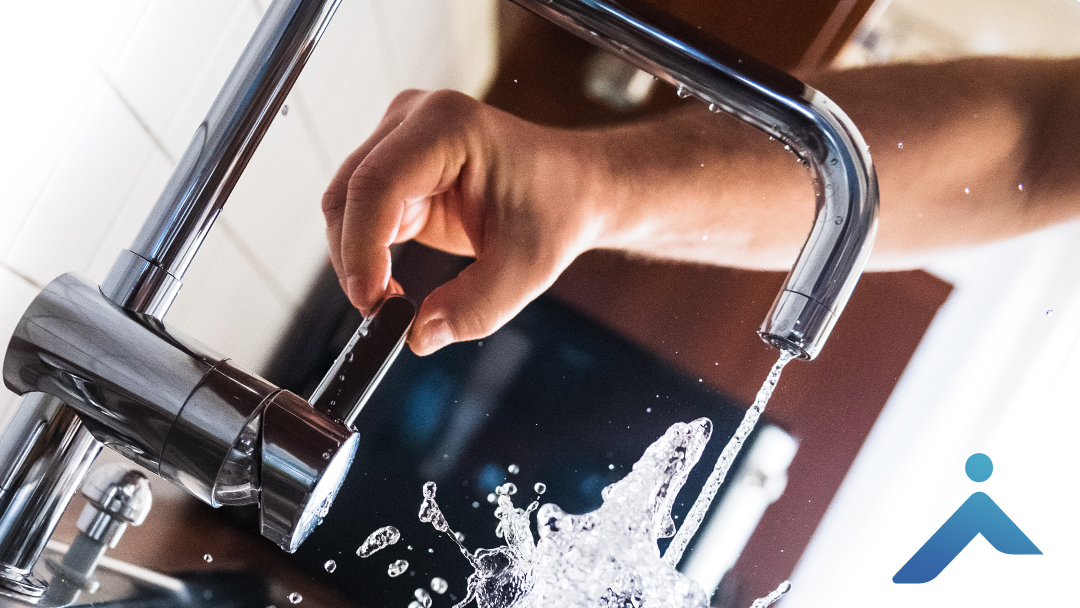
You will be stressed as soon as you notice damage and that is ok, but it’s what you do after that’s important. We can help you navigate this very nerve-racking time and make sure you come out on top with your claim.
One important note is that if you just do nothing your insurance company many times will come back and deny your claim because they will say you did nothing to mitigate or reduce the damage caused by the water.
Water damage vs Flood damage
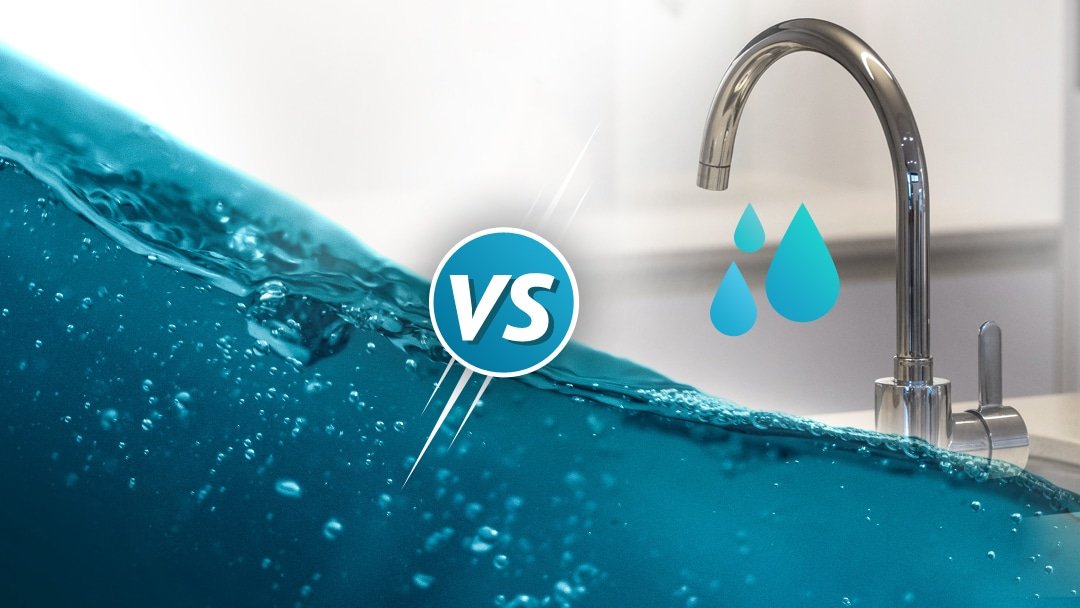
As an initial note water damage and flood damage are completely separate claims, as well as completely separate coverages. Water damage coverage usually comes included with your policy and flood coverage is a separate rider that you will need to add on to your home insurance coverage.
Here is the general and pretty easy distinction between the two. Flood damage originates outside and comes inside the house (like flooding from torrential rains, broken dams, etc), and water damage comes from inside the house(pipe and appliance leaks)
If you live in specific flood zones (which your insurance agent should notify you of this during your initial policy issuance) it is HIGHLY recommended that you have flood insurance added on to your regular homeowner’s policy.
What is the best insurance?
There isn’t necessarily a best company or best agent for your insurance. However, make sure to have a discussion with your insurance agent to let them know what kind of coverage you need, as well as listen to what they have to say about the best coverage that people typically get. If you are concerned about not having enough coverage we are glad to help you out and do a review to make sure you are properly covered.
A few final tips for when you have water damage
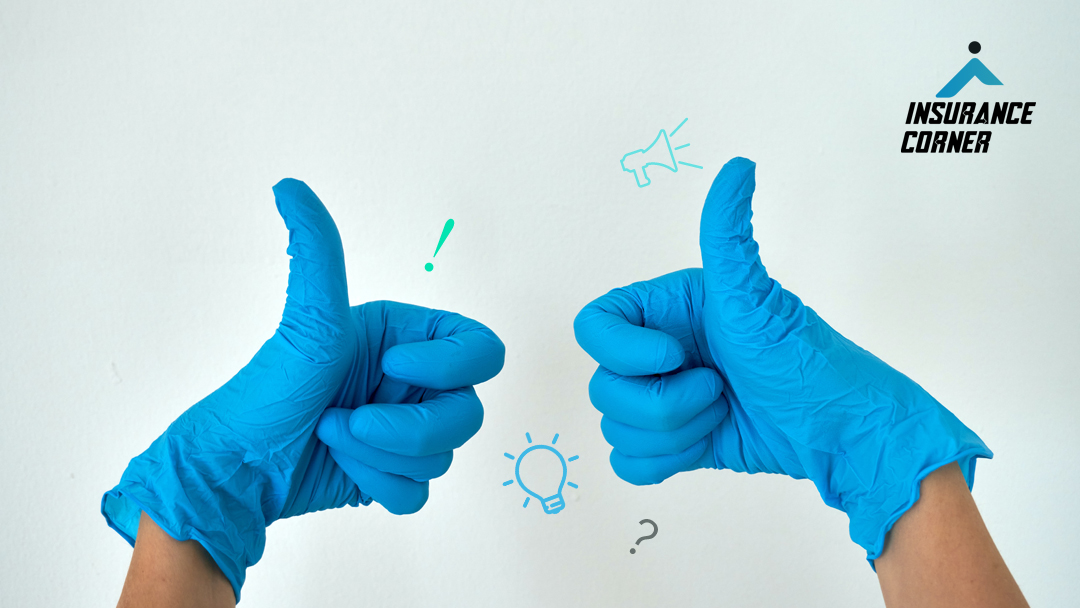
- Call a public adjuster (we have seen so many people benefit from this alone)
- Take photos, videos, and any other sort of documentation so you can show the insurance company. This really helps your case.
- Reach out to a professional if needed to begin remediation, plumbing repair, or whatever else you need (we have recommendations on great professionals to use).
As always we are your advocates in the home insurance space. Our only interest is in getting you the money you deserve for your claim. From the first instance that you realize you need help give us a call to help from square one.





